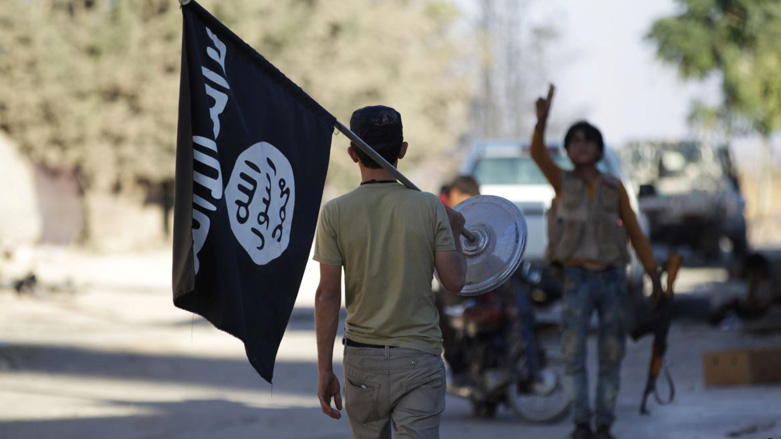Islamic State re-grouping in Kirkuk, Mosul, warns Peshmerga spokesman

ERBIL, Kurdistan Region (Kurdistan 24) – An increase in Islamic State (IS) attacks and activities in Kirkuk and near Mosul are an indication that the jihadist group is re-grouping, a Peshmerga official said on Sunday.
“The reality in the Hawija area, Kirkuk Province, Hamreen Mountains, and some areas in Nineveh Province near Mosul proves the fact that Da’esh [IS] is getting militarily prepared, as they have been active in the region,” Halgurd Hikmat, a spokesperson for Kurdish Peshmerga Ministry, told Kurdistan 24.
“This can be interpreted as Da’esh getting ready to increase their military operations in those areas in the near future,” Hikmat warned.
Iraq, in Dec. 2017, declared victory over IS after three years of fierce fighting to liberate the large swaths of territory, which was controlled by the jihadist group since June 2014.
Since the beginning of 2018, IS has repeatedly attacked Iraqi forces and Iranian-backed Shia Hashd al-Shaabi militias in Hawija, southern Kirkuk, and in Nineveh province.
The oil-rich and ethnically-diverse province of Kirkuk has been under the protection of the Kurdish Peshmerga forces since mid-2014 before the military attack and takeover by Iraqi forces and the Shia militias on Oct. 16. Since then, the province has been suffering from instability and insecurity.
The embattled city of Hawija is one of the Sunni-Arab populated areas located in western Kirkuk Province. Iraqi forces wrested control of the city on Oct. 8, but military analysts say that, though Hawija is militarily liberated, those with an allegiance to IS remain.
Both Kurdish and Iraqi officials have repeatedly stated that the IS has been defeated in Iraq, but its radical ideology has yet to be eradicated. This continues to pose a security threat to the country, which, along with further unrest and potentially increasingly strict security measures, could cause conditions that will cause others to join the jihadist group in the future.
Editing by John J. Catherine
